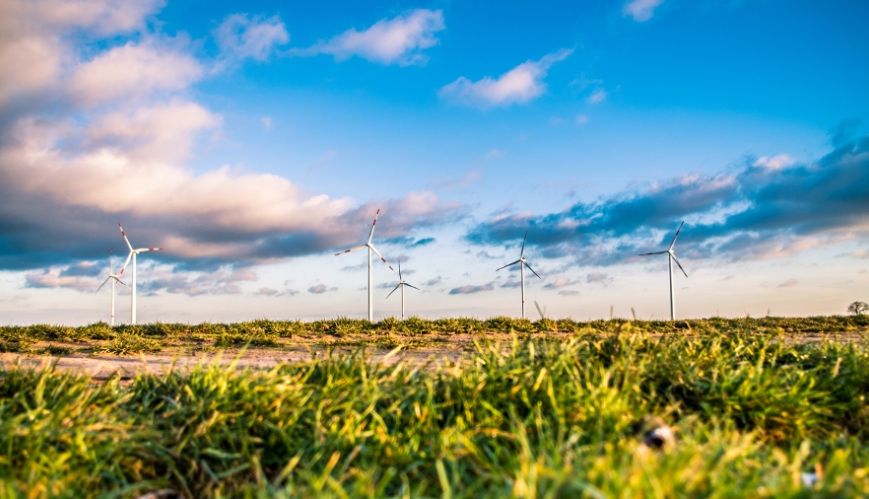Lord of all creation

Lord of all creation
19 April 2017
Earth Day, on April 22, is a way to play our part in caring about creation. Photo: Daniel Watson
Have you ever visited a place or thought about something that was special to you growing up, only to find that it no longer exists or has changed beyond recognition? Those feelings of sadness, melancholy or even of being homesick for things that are not as they once were are often called nostalgia.
A less-known term, solastalgia, captures similar feelings of sadness, distress or powerlessness that come about through significant or drastic changes specifically to landscapes that we have grown up or live in, or impacts to wilderness or cultivated land that hold special meaning. Solastalgia can arise when we see the property that served as the family farm for decades is now a housing estate, or the local park has made way for a shopping centre. Solastalgia could also be felt after hearing of the widespread bleaching of the Great Barrier Reef, the impacts of large mining projects, changes on the land due to unrelenting droughts across rural Australia, or for Indigenous peoples grieving the loss of country.
The many ways in which Australian landscapes and ecosystems around the world have changed are often on my mind, especially when events or news focus on these changes. One such worldwide event is Earth Day, which occurs annually on 22 April. The first Earth Day, held in 1970, is sometimes credited as marking the beginning of the modern environmental movement. For some people, Earth Day can include spiritual or ritual elements.
There have been quite a number of Christians who have laid significant charges against those who celebrate Earth Day. Two common arguments have been that supporters often love and worship the creation and not the Creator, or that they can be fronts for pagan practices. However, is it a Christ-like action to label, judge or dismiss people who care for creation but may not appear to have a connection with the creator and sustainer of all things, without making an effort to provide a relevant faith pathway to Jesus? I also wonder whether environmental movements have emerged because of a lack of interest in care for God’s earth within the Church. I believe that being aware of and caring for Earth is a valuable and scriptural pathway to faith in Christ as Saviour and redeemer for all creation.
In Romans 1:20, we read: “For since the creation of the world God’s invisible qualities – his eternal power and divine nature – have been clearly seen, being understood from what has been made, so that people are without excuse.” This verse points to the idea that God can be known through the created order, through the diverse plants, animals and ecosystems throughout Earth. We can then say God’s creation has inherent worth in and of itself apart from any value we may place on it for economic, physical or social reasons. What God has created has fundamental value to him separately from any usefulness to us as humans.
Christian scholar Johannes Luetz notes three important implications around discerning God’s invisible qualities through his creation. First, if you want to know more about your Creator, learn more about creation! Second, if God’s eternal power and divine nature can be known in part through what he has made, then looking after what God has made should naturally have a high priority for God’s followers. Third, as the degradation and destruction of God’s creation continues, God then becomes progressively less knowable through what he has made. For example, if the abundant forms of life that make up the Great Barrier Reef are continually damaged or degraded, then the glory, vibrancy, abundance and power of God becomes slightly less visible and harder to grasp.
Playing our part in caring for God’s world conforms to scriptural calls, including that of love: “Love does no harm to a neighbour. Therefore love is the fulfilment of the law” (Romans 13:10). On the other hand, if we know of good ways to live sustainably in today’s world, but we do not do it, I believe this can be considered sin: “If anyone, then, knows the good they ought to do and doesn’t do it, it is sin for them” (James 4:17).
I wonder if feelings of solastalgia might be a way through which the Holy Spirit quietly nudges and encourages us to care more deeply about all of God’s loved creation and to positively engage and encourage faith pathways to Christ with those who are already working towards a sustainable future, for as long as God’s Earth endures.
Matt Seaman is a Queensland-based Salvationist and ecotheologian.